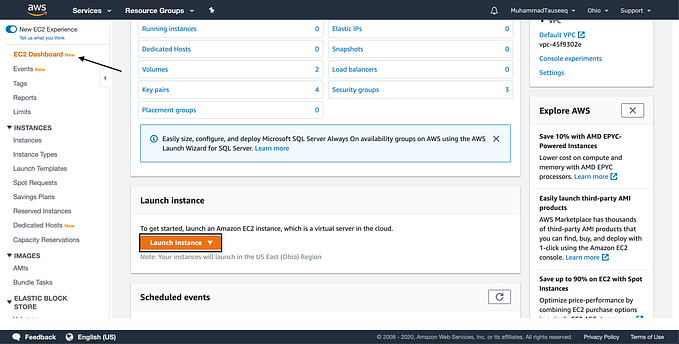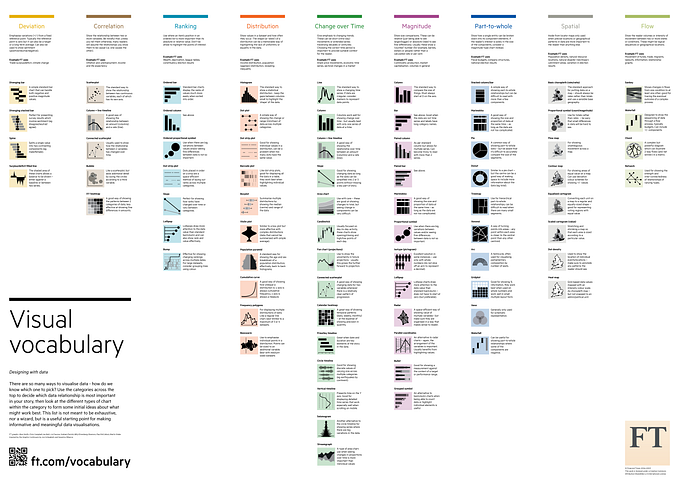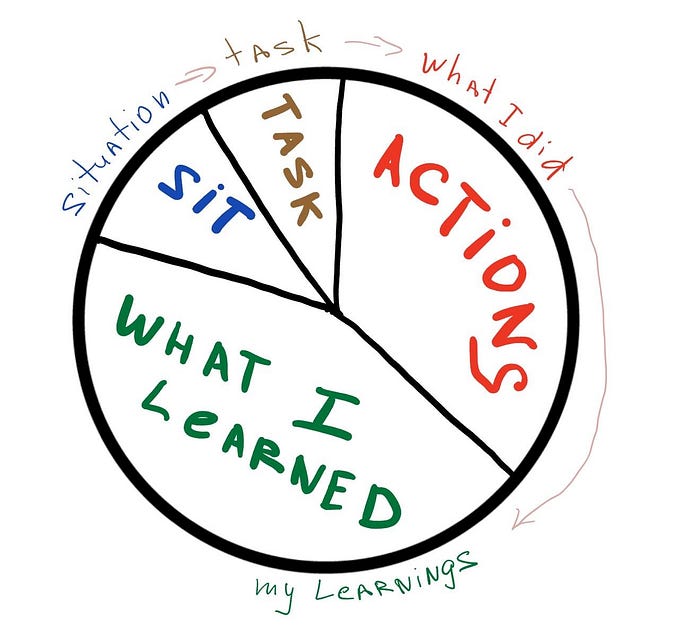Route to job placement in a large-scale company.
A Statistical look at where people from different educational backgrounds end up in the job industry based on data from Stackoverflow.
Introduction
It always amazes me when I see large corporate companies like Google and Facebook hire college dropouts and young school students. Does that mean to be placed in such companies you don't have to have any professional or college degree? But more importantly what happens to the college graduates and people with higher educations? where they end up after all that extra credits. and what if your college major was not related to computers can you still make it to big companies in this field?
Luckily I got to have a data-based answer for this. Stackoverflow conducted the Annual Developer Survey 2017, with some 159 interesting questions and some of them were of interest to me because they can answer my question.
1. Where are people from different education levels working?
In this data, we have two data points of interest. The first is the FormalEducation while another one is CompanySize. these came from the following questions.
Which of the following best describes the highest level of formal education that you’ve completed?
In terms of the number of employees, how large is the company or organization you work for?
based on these two pieces of information we can see for each individual what is the most eduction level he reached and where he ended up in terms of company scale. Here you can see what percentage of each education level is working for what size of the company.

It's clear from the graph that a higher proportion of people with education level of college and higher are working for large scale companies with more than 5000 employees compared to people with education level lower than college. Furthermore, people not holding a college degree are mostly working for startups and small-scale organizations in terms of the number of employees.
2. But do you have to have a college degree with a computer major?
So, we saw that having a formal college education or professional degree can increase your chances of working with a big corporate. but does that college degree needs to be in a computer major only? To check that we have another data point in our data set MajorUndergrad that is the answer to the following question.
Which of the following best describes your main field of study (aka ‘major’) in college?
We can divide this data into either a Computer Major or Not a Computer Major. let's see what percentage of each type of education major is working for what size of the company.

These Graphs are so alike that is very clear that companies don't really care what major you did in college. So, even the people who change their career path to computer science after not having it as a major in college can still end up similarly to those who graduated with a computer degree.
3. Are people, who switched their careers to the Tech industry, really happy with their choices?
We saw that even if you did not take a computer-related major in college you can still end up in both large and small size companies in a very similar fashion to those students who studied computers. But now I'm interested in knowing that people who choose to switch to the tech world are happy in their job and with their career choices? Fortunately, we can some information in this regard as well from our data set. we have CareerSatisfaction and JobSatisfaction. These two points can show us who is happier in their job.

as we can see, on average, people with no computer college degree are not just happy in their choice; they are even slightly more satisfied in their jobs. Why wouldn't they be? Computer Science is an amazing field.
Conclusion
In this article, we saw that while getting a higher education can help you get a job placement at a big company. your college major can not stop you from breaking into the industry. Moreover, we saw that people who choose to get into this field after studying something else in college are still happier with their decisions. All this information is based on my observations of StackOverflow's Annual Developer Survey 2017 dataset. So, something I would still like to know is:
How much impact did your education had in placement and are your happy with the choice you made?
To see more about this analysis, see the link to my Github available here.









